Good Faith, Bad Faith, and Duty
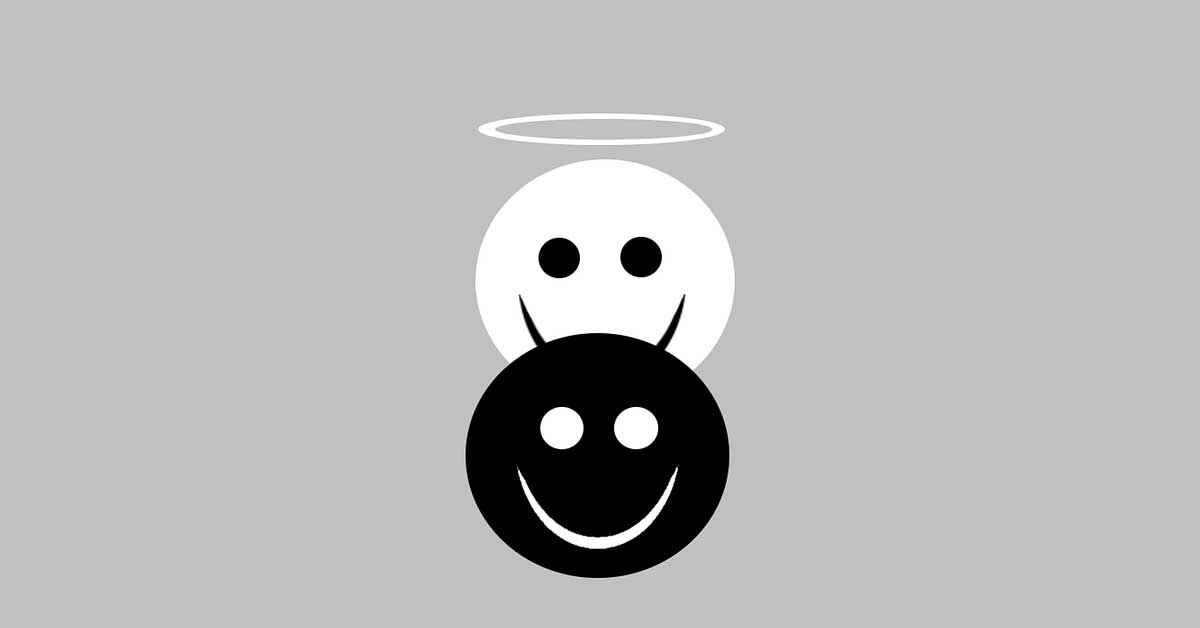
Good Faith is a true attempt, Bad Faith is an intentionally dishonest attempt, Duty is the moral and ethical obligation to make Good Faith attempts.
Ethics are moral principles that govern a person’s or entity’s behavior. Ethics is the philosophy of virtue, morals, and justice. It seeks an empirical answer beyond its metaphysical roots.
To me, as one who is philosophically inclined, ethics is hands down the most important subject of academics. It is the keystone of EVERYTHING, this is because it is (like Plato infers) the keystone of the state and the soul. This is because it is [loosely speaking; note the ideal words haven’t yet been said by anyone] the art of moderation and temperance (the art of guiding all things via the highest virtue; the arete of virtues).
Ethics to the philosopher is the greatest happiness, yet, much to the detriment of all eras, to the miser (the one who desires wealth and power first) it is the greatest enemy.
This is why, again as Plato says, society should be structured in such a way that it values knowledge more than wealth. If the state is like the soul, then ethics speaks to a theory of justice which says the greatest happiness is the highest happiness for the most. Thus, the state and soul must be balanced toward this end to be just. This means moderation is needed and rulers must seek higher-order happinesses over lower-order pleasure seeking vices.
Meanwhile, the miser says, “but this stands in the way of my accumulation of capital, what nonsense”.
Again, this is why wise and benevolent rulers with ethical virtues and goals are the most desirable leaders. So, in sum, the past 20,000 years have been about trying to prove this argument and convey it to the masses. Plato did good, so did all his students from Livy, to Aquinas, to Machiavelli, to Locke, to Mill, Rawls… but as any Caesar, Khan, Mussolini, or Hitler will tell you, a minority of academics knowing isn’t always enough.

Good Faith is a true attempt, Bad Faith is an intentionally dishonest attempt, Duty is the moral and ethical obligation to make Good Faith attempts.
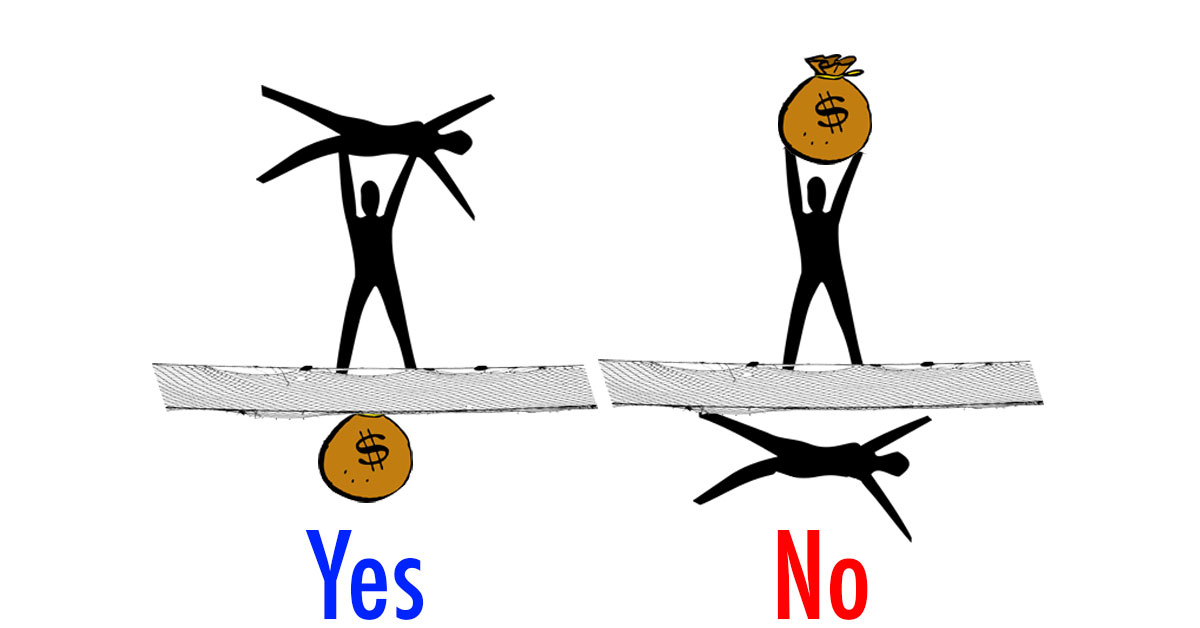
The Social Safety net is a collection of welfare services meant to help people bounce up when they hit bottom, it is not meant as a net to trap the poor under.
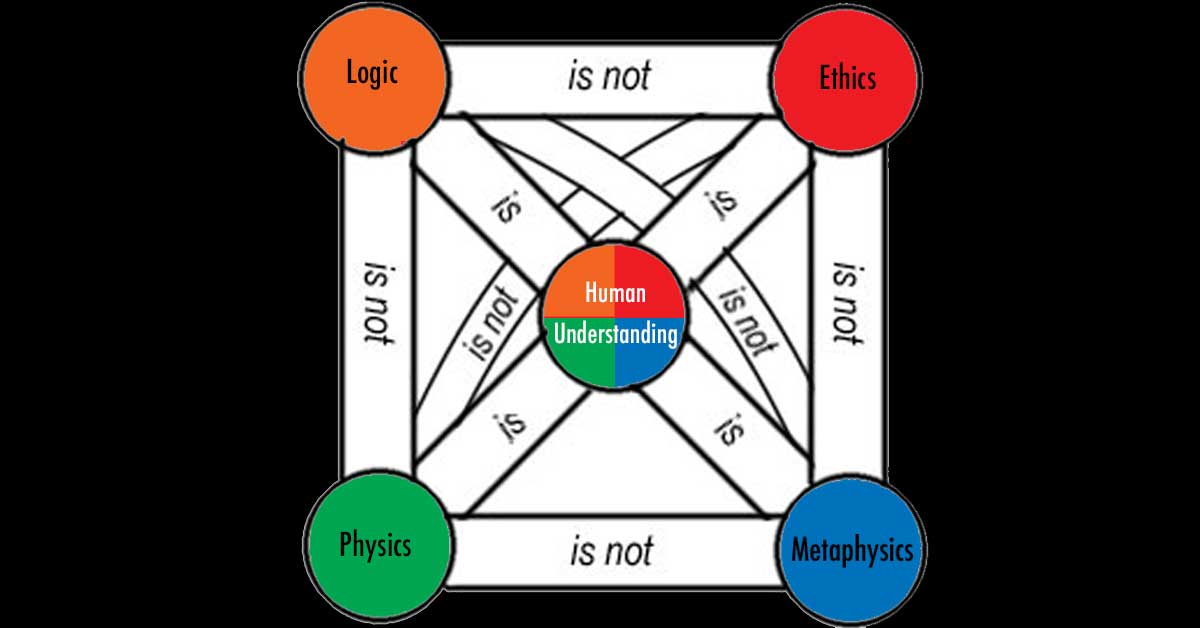
All knowledge, all human understanding, can be said to be of four types: physical (empirical), logical (reason), ethical (philosophy in-action), and metaphysical (pure philosophy).
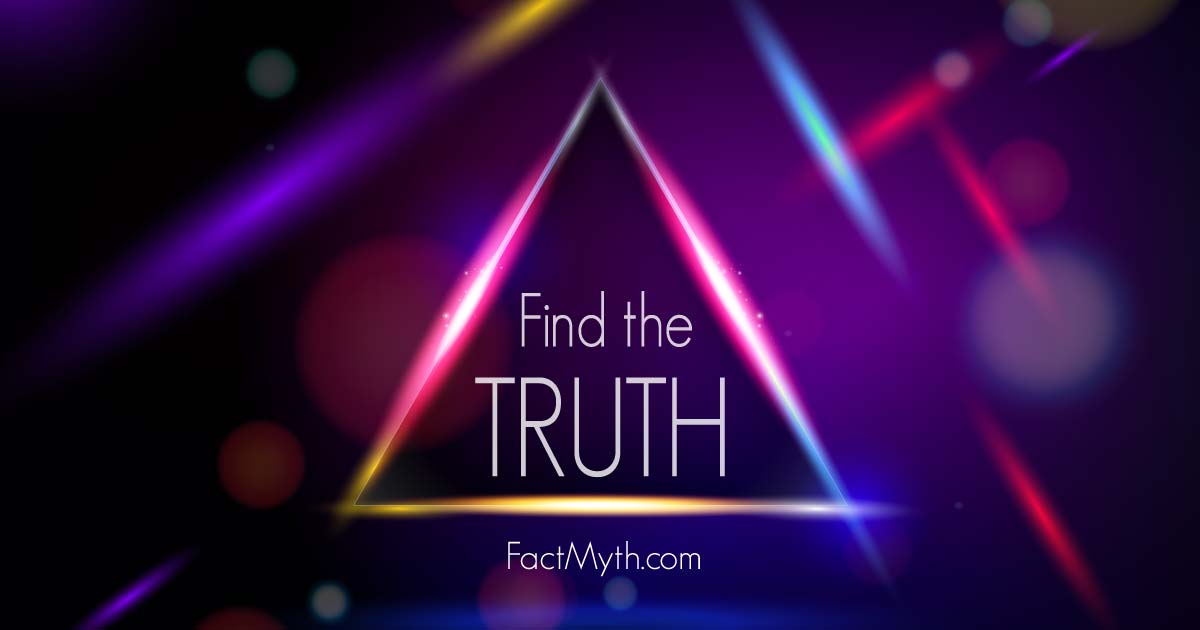
Principles are, in a broad sense, simply rule-sets which we follow. Below we will discuss the importance of different types of principles.
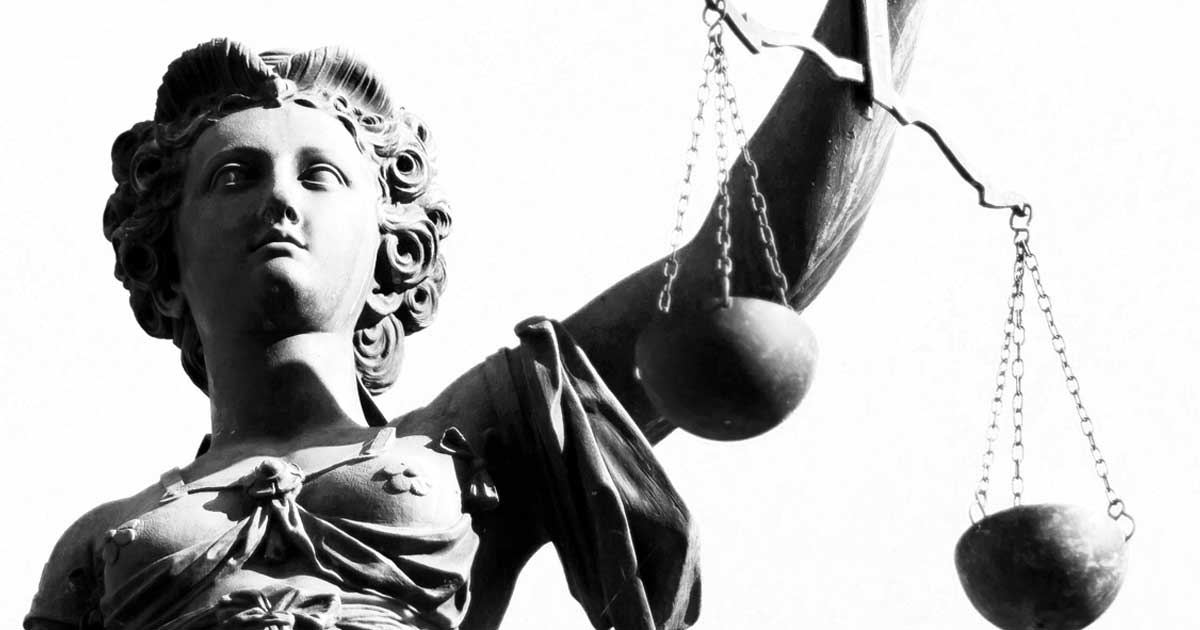
Plato’s Republic, utilitarianism, the philosophies of morality, ethics, politics, virtue, and law are all centered around one question “what is justice?” (AKA “what is fairness?”).

In his Republic, Plato examines how Democracy can lead to Tyranny in a republic. We explain Plato’s theory as it pertains to democracy and tyranny.

On this page we discuss the concepts of fairness, justice, morality, and ethics as they relate to Utilitarianism.
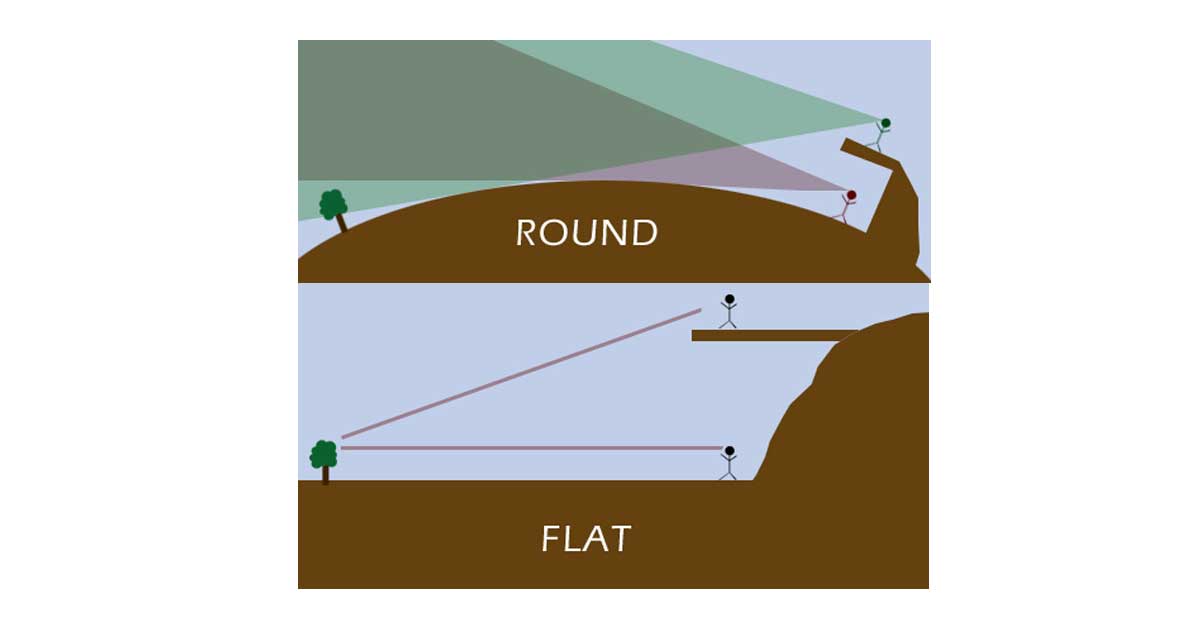
Reason is the application of “pure logic”, empirical evidence, experiment, and skepticism to find truths, facts, and theories (AKA “critical thinking”).
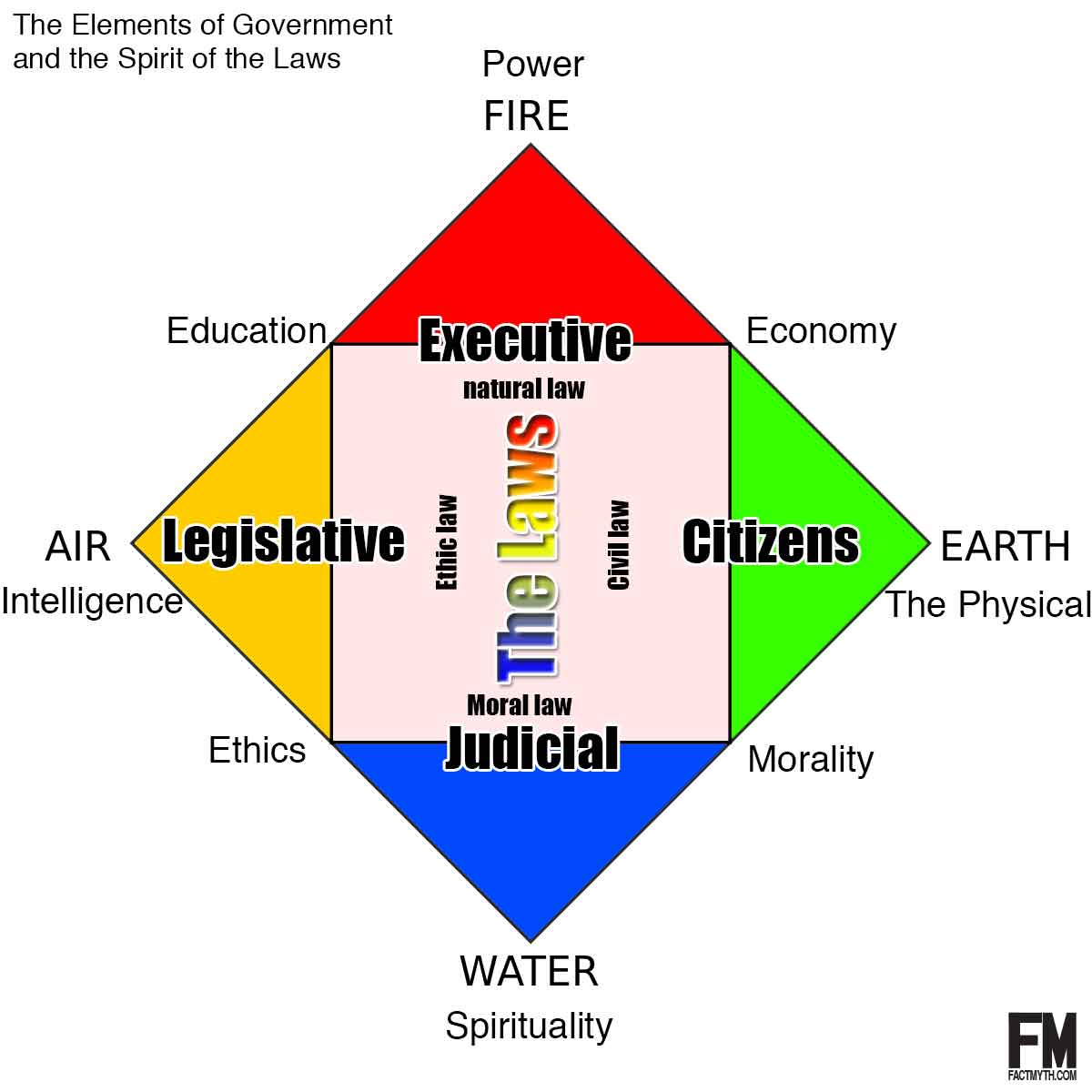
The four “elements” (or “powers”) that form the foundation of government can roughly be expressed as: citizens, executive, legislative, and judicial.
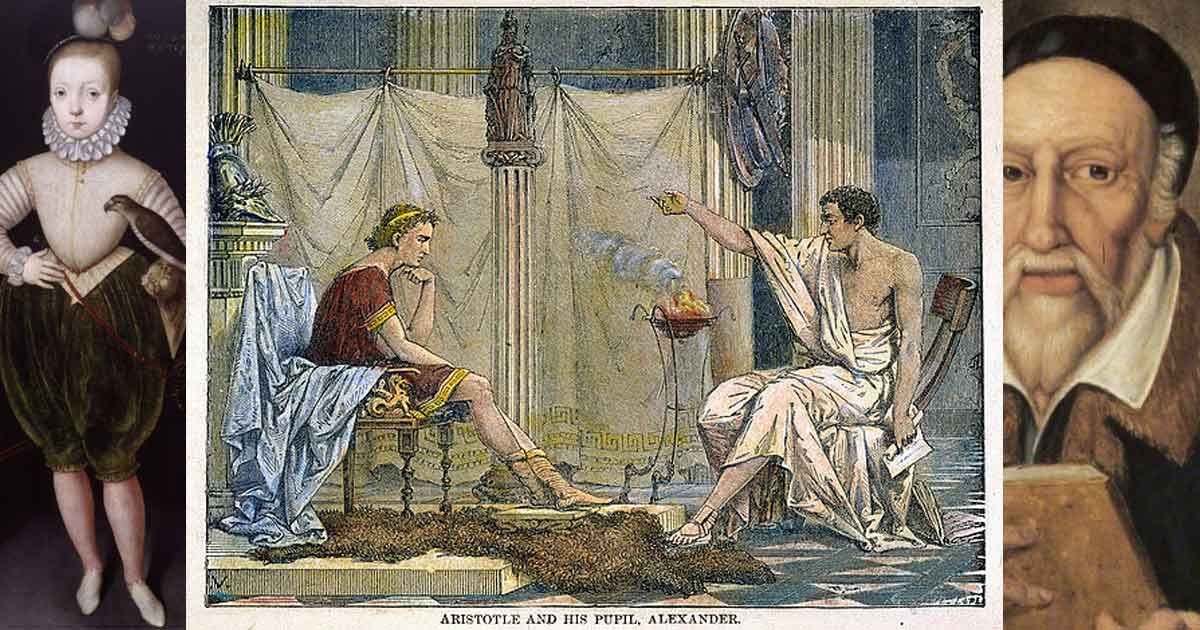
We often attribute the origin of the state of nature argument to Hobbes, but it can be traced to thinkers like Plato, Aristotle, and the Sophists in the 300s BC, and is then mused on by other early philosophers.